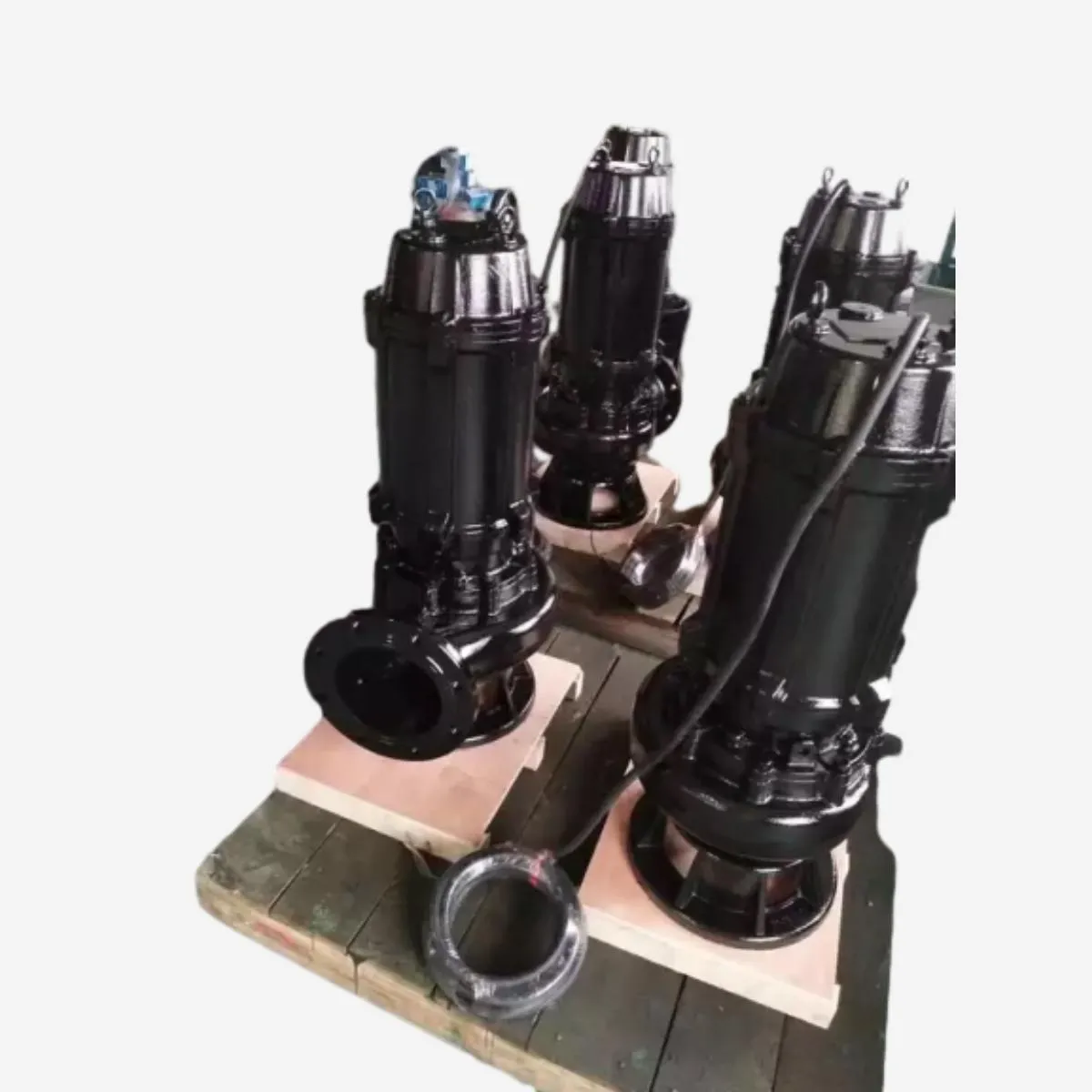Haitian Creole
- Afrikaans
- Albanian
- Amharic
- Arabic
- Armenian
- Azerbaijani
- Basque
- Belarusian
- Bengali
- Bosnian
- Bulgarian
- Catalan
- Cebuano
- Corsican
- Croatian
- Czech
- Danish
- Dutch
- English
- Esperanto
- Estonian
- Finnish
- French
- Frisian
- Galician
- Georgian
- German
- Greek
- Gujarati
- Haitian Creole
- hausa
- hawaiian
- Hebrew
- Hindi
- Miao
- Hungarian
- Icelandic
- igbo
- Indonesian
- irish
- Italian
- Japanese
- Javanese
- Kannada
- kazakh
- Khmer
- Rwandese
- Korean
- Kurdish
- Kyrgyz
- Lao
- Latin
- Latvian
- Lithuanian
- Luxembourgish
- Macedonian
- Malgashi
- Malay
- Malayalam
- Maltese
- Maori
- Marathi
- Mongolian
- Myanmar
- Nepali
- Norwegian
- Norwegian
- Occitan
- Pashto
- Persian
- Polish
- Portuguese
- Punjabi
- Romanian
- Russian
- Samoan
- Scottish Gaelic
- Serbian
- Sesotho
- Shona
- Sindhi
- Sinhala
- Slovak
- Slovenian
- Somali
- Spanish
- Sundanese
- Swahili
- Swedish
- Tagalog
- Tajik
- Tamil
- Tatar
- Telugu
- Thai
- Turkish
- Turkmen
- Ukrainian
- Urdu
- Uighur
- Uzbek
- Vietnamese
- Welsh
- Bantu
- Yiddish
- Yoruba
- Zulu
Telephone: +86 13120555503
Email: frank@cypump.com
Nov . 15, 2024 07:24 Back to list
commercial submersible pump
Understanding Commercial Submersible Pumps
Submersible pumps play a critical role in various sectors, from construction to agriculture, providing reliable solutions for dewatering and fluid transfer in challenging environments. Specifically, commercial submersible pumps are designed for large-scale applications that demand durability, efficiency, and high performance. This article discusses the key features, applications, benefits, and considerations for selecting the right commercial submersible pump.
Key Features
Commercial submersible pumps are engineered to operate underwater, making them ideal for applications involving deep wells, flooded areas, and industrial water removal. One of their most significant features is their hermetically sealed motor, which is designed to prevent water ingress and corrosion, ensuring longevity and performance. These pumps often come equipped with efficient impellers that maximize water flow and minimize energy consumption, while some models include built-in float switches for automatic operation.
Additionally, these pumps can handle a variety of liquids, including clear water, wastewater, and even abrasive fluids, depending on their construction materials. Stainless steel and high-grade plastic are commonly used to enhance resistance to corrosive substances. Moreover, many commercial submersible pumps have a high capacity to manage solids, which is crucial in applications where debris is present.
Applications
The versatility of commercial submersible pumps makes them suitable for numerous applications. In the construction industry, they are often utilized for dewatering excavations, ensuring that job sites remain dry and safe for workers. Similarly, they are essential in managing high water tables in agricultural fields, helping farmers maintain optimal soil moisture levels and preventing crop damage from excess water.
Municipal applications also heavily rely on these pumps for sewage management and stormwater control. By efficiently transferring wastewater to treatment plants, submersible pumps significantly contribute to public health and environmental sustainability. In industrial settings, they are used for transferring chemicals, oils, and other fluids, highlighting their adaptability across diverse sectors.
commercial submersible pump

Benefits
One of the primary advantages of commercial submersible pumps is their ability to operate effectively underwater, which eliminates the need for complex piping systems often required for surface pumps. This design allows for easy installation and reduced operational costs. Additionally, their submersible nature provides a quieter operation, a significant benefit in residential areas or noise-sensitive environments.
Another key benefit is their energy efficiency. Many modern submersible pumps are designed with energy-saving technologies, which can lead to substantial cost savings over time. The ability to handle a variety of liquids and solids means fewer specialized pumps are needed, simplifying maintenance and inventory management for businesses.
Considerations for Selection
When selecting a commercial submersible pump, it is essential to consider several factors to ensure optimal performance for the intended application. First, assess the required flow rate and head (the height the water needs to be lifted). Understanding the specific fluid characteristics, including viscosity and the presence of solids, is also crucial in determining the right pump type.
Further, consider the material construction based on the liquid being pumped, as corrosion resistance is vital for durability. Always ensure that the pump meets any regulatory standards applicable to the specific industry and region.
Conclusion
Commercial submersible pumps are indispensable tools across various sectors due to their efficiency, versatility, and reliability. By understanding their features, applications, and benefits, businesses can make informed decisions when selecting the appropriate pump for their needs. As technology continues to advance, the evolution of these pumps will undoubtedly lead to even greater efficiencies and capabilities, ensuring they remain a cornerstone of fluid management for years to come. Whether in a construction site, agricultural field, or industrial facility, commercial submersible pumps will continue to play a pivotal role in effective water management solutions.
-
China Small Slurry Pump Manufacturer - High Efficiency Small Centrifugal Slurry Pumps for Mining & Industry
NewsJun.24,2025
-
Custom Drilling Mud and Slurry Pump Supplier - High Efficiency, Tailored Solutions
NewsJun.10,2025
-
Supply Vertical Submersible Sewage Pump High-Efficiency WQ/QW Pumps Supplier
NewsJun.10,2025
-
Premium Sewage Ejection System & Pumps Efficient Waste Removal
NewsJun.09,2025
-
Premium Wholesale Slurry Pump Impellers Durable & Efficient Slurry Handling
NewsJun.09,2025
-
Top Sewage Pump Companies Durable Industrial Solutions for Efficiency
NewsJun.09,2025










